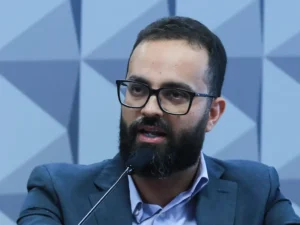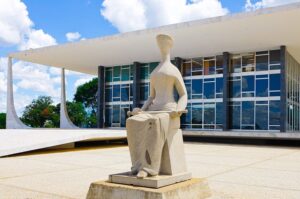This recent wave of reactions highlights the deep divisions within and outside the Catholic Church regarding the Pope’s stance on immigration, social issues, and the overall direction of the church. The five-word statement “The church cannot be silent” has clearly struck a chord, sparking debates about authority, tradition, and modern activism among conservatives and progressives alike.
Many supporters view Pope Leo’s vocal support for immigrants as a much-needed reaffirmation of Christian values in today’s turbulent political climate. They argue that his stance reflects a faithful response to the rise of authoritarianism and anti-Christian sentiments worldwide. “He’s just getting started,” one supporter tweeted, emphasizing confidence in his leadership amid global crises that threaten religious freedom and human rights.
However, critics are vocal and unrestrained. Some call for radical change, even suggesting that “based Catholics” should abandon the current church structure altogether. This echoes historical moments of schism, notably King Henry VIII’s break from the Catholic Church in the 16th century, driven by disputes over authority and doctrinal issues. An individual pointed to the 1539 Great Bible—crafted under Henry VIII’s Reformation—as a playbook for creating a new church free from current leadership.
The comparison to Henry VIII’s break with Rome underscores a broader sense of frustration among some traditionalists and conservatives, who feel alienated by the Pope’s recent statements. Their calls for a “more unified voice” on issues like Christian persecution highlight ongoing tensions between doctrinal adherence and social activism.
The Vatican remains silent on this heated debate, but it’s unlikely that the Pope will engage directly in social media squabbles. Still, his recent comments have already ignited a potential seismic shift in conservative Catholic circles, with some contemplating drastic measures like forming new religious groups.
As this controversy unfolds, it raises questions about the future of Catholicism in an increasingly polarized world. Will the church adapt and unify or splinter into factions? Only time will tell, but the discussion is far from over.
What do you think about the potential for a Catholic schism? Are these calls for a new church rooted in tradition or frustration?





